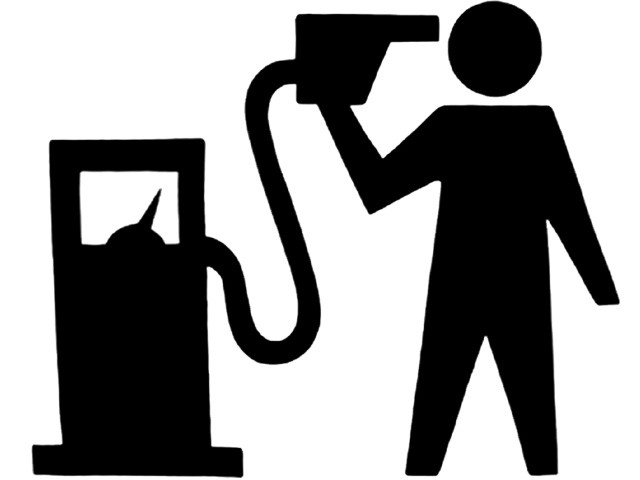On the cards: Petrol price likely to go up by over Rs7 per litre
The price of CNG will also rise to maintain its 60% parity with petrol.

Domestic petroleum prices are expected to rise on August 1 to stay abreast of global trends.
After a brief respite from rising oil prices, consumers may face a second hike in so many months with prices of petroleum products expected to rise by up to Rs7.73 per litre.
Under the decision, the prices of all products are expected to rise in the next two weeks. The price of CNG will also rise to maintain its 60% parity with petrol.
On July 16, the government had increased the price of petrol by Rs1.41 per litre, High Octane Blending Component (HOBC) by Rs5.64 per litre and kerosene oil Rs1.94 per litre. In June, the government had reduced oil prices twice in a month following a global decline in oil prices.
The Oil and Gas Regulatory Authority (Ogra) on Monday moved a summary regarding a revision in oil prices for the next two weeks in this regard, effective from August 1 to 16.
According to the summary submitted to the finance and petroleum ministries, Ogra has worked out an increase of Rs7.67 per litre in the price of petrol, Rs7.73 per litre in the price of HOBC, Rs4.49 per litre in the price of kerosene oil, and Rs4.59 per litre in the price of High Speed Diesel (HSD).
The new prices are expected to take effect after they are approved by Prime Minister Raja Pervaiz Ashraf on Tuesday (today).
If the government approves the summary submitted by Ogra, the prices of petrol will stand at Rs93.57 per litre, HOBC at Rs120.25 per litre, kerosene oil at Rs92.68 per litre and HSD at Rs101.8 per litre.
Ogra has recommended the government to hold off on an oil price hike to provide relief to consumers in holy month of Ramazan. An Ogra official said that the government was collecting over Rs25 billion every month from consumers on account of the petroleum levy and General Sales Tax (GST).
The regulatory authority has proposed that the federal government cut the rate of the petroleum levy to pass on benefits to consumers. However, the official said that the finance ministry may oppose the adjustment of rising oil prices in the petroleum levy as it was an easy source of collecting tax from consumers to bridge its budget deficit.
The rates of the levy on petroleum products are currently at their maximum levels, as fixed by parliament. The levy on petrol stands at Rs10 per litre, HSD at Rs8 per litre, HOBC at Rs14 per litre, and kerosene at Rs6 per litre.
Published in The Express Tribune, July 31st, 2012.


















COMMENTS
Comments are moderated and generally will be posted if they are on-topic and not abusive.
For more information, please see our Comments FAQ